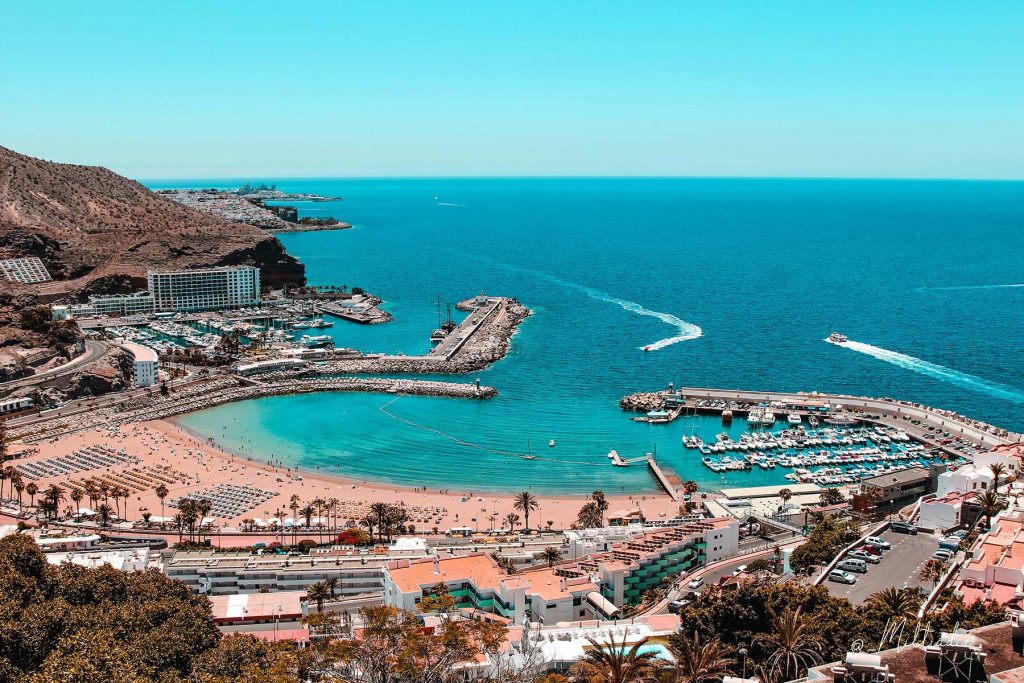In the latest Skift podcast, several key topics in the travel industry are discussed. China Southern Airlines is making a significant purchase of 100 domestically-built planes, the C919, which is seen as a competitor to Airbus and Boeing. The CEO of Airbus’ commercial aircraft division downplays the competition, but a Boeing executive acknowledges it in the company’s long-term forecast. There is speculation about whether international carriers will follow suit in purchasing these Chinese-built aircraft, with Air China recently signing a similar agreement for 100 C919 jets.
Another issue highlighted in the podcast is the recent protests in the Canary Islands against mass tourism. TUI CEO Sebastian Ebel believes that the protests are not necessarily about the tourism industry itself, but rather stem from a shortage of housing in the region. Residents are calling for limits on tourist arrivals to alleviate pressure on the environment, infrastructure, and housing supply. Ebel points the blame at unregulated online booking platforms for causing housing prices to rise, rather than tourism as a whole.
Columnist Colin Nagy delves into the topic of luxury hospitality in the travel industry, arguing that the ideals of luxury have become distorted. He suggests that some properties receive too much attention while others do not get the recognition they deserve. Nagy highlights the decline of travel media as a concern, noting that unbiased commentary on hotels is disappearing. He encourages readers to support brands that offer unique and distinct luxury experiences, as many luxury offerings currently appear to be similar and lack differentiation.
Overall, the podcast provides insight into key issues affecting the travel industry, such as the rise of domestic Chinese aircraft production and the challenges faced by regions like the Canary Islands due to mass tourism. By examining these topics, listeners are able to gain a better understanding of the complexities and nuances within the travel sector. The discussion also raises important questions about the future of luxury hospitality and the need for greater diversity and uniqueness in the offerings provided by luxury brands.
The increasing presence of Chinese-built aircraft in the international market raises questions about competition with established manufacturers like Airbus and Boeing. As more airlines consider purchasing these planes, the dynamics of the industry may shift, impacting the global market for aircraft. Similarly, the protests in the Canary Islands highlight the delicate balance between tourism development and local communities, showcasing the importance of sustainable and responsible tourism practices.
In conclusion, the podcast provides valuable insights into current trends and challenges within the travel industry, offering a multifaceted perspective on issues ranging from aircraft procurement to luxury hospitality. By exploring these topics in depth, listeners can gain a deeper understanding of the complexities and dynamics within the travel sector, as well as consider potential solutions and strategies for addressing these challenges. The podcast serves as a valuable resource for industry professionals and enthusiasts seeking to stay informed about key developments in the ever-evolving world of travel.















